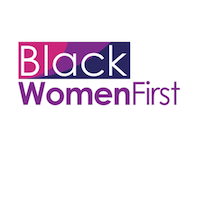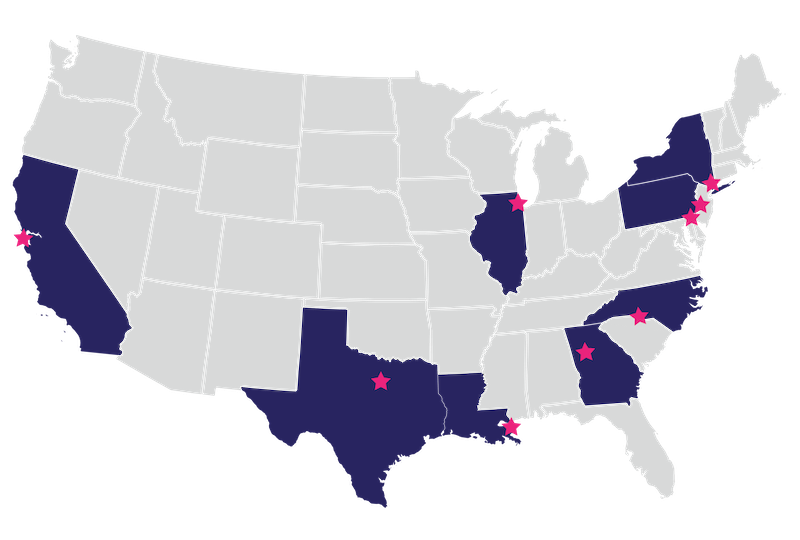
Reflections on Black Women with HIV, and Incarceration through the Coming Home Conference - Insights from the HRSA RWHAP-funded Black Women First Initiative.
The HIV epidemic in the United States is felt in all communities and in every setting, prisons and jails. Approximately 1.7 million Americans are being held in prisons or local jails. Of those Americans experiencing incarceration, 6.6 percent are women. An estimated one in seven Americans who pass through U.S. correctional or detention facilities has HIV. Black cisgender and transgender women are overrepresented among justice-involved people with HIV.
There is a scarcity of gender-specific data related to the U.S. criminal justice system, and even scarcer data related to the number of Black cisgender and transgender women with HIV who are justice-involved. But here is what we know:
- In 2020, the imprisonment rate for Black women was 1.7 times the rate of imprisonment for white women.
- According to The 2015 U.S. Transgender Survey, approximately one in ten Black transgender women has spent time behind bars resulting in a rate of incarceration that is almost 20 times that of the general population.
- A 2018 study of Ryan White HIV/AIDS Program (RWHAP) clients who recently reentered the community after incarceration found that even those successfully linked to care after reentry are 24 to 29 percentage points less likely to be retained in care than RWHAP clients without a recent incarceration history. (Assessing the Effect of Recent Incarceration in Prison on HIV Care Retention and Viral Suppression in Two States, J. Urban Health, 2018.)
An estimated one in seven Americans who pass through U.S. correctional or detention facilities has HIV.
The data outline a challenge: determining how to better meet the needs of people with HIV who are justice-involved, women specifically. If we can address this challenge through research, inter-agency collaboration, and system- and community-level action, we can move the needle that much further in the fight to end the HIV epidemic.
Coming Home Conference: Centering Black Women's Voices
The AIDS Foundation of Chicago (AFC) is one organization that is working to address this challenge. This past National Women and Girls HIV/AIDS Awareness Day, AFC--in partnership with the RWHAP Part F Midwest AIDS Training + Education Center (MATEC)--put on the one-day “Coming Home: Women, Race, Social Justice & HIV” virtual conference. With the support of the RWHAP-funded Black Women First Initiative, AFC (one of the research and demonstration sites of the HRSA project) and MATEC curated a virtual learning experience that centered voices from the community of justice-involved Black women with HIV.
The conference program featured a diverse collection of speakers and performers who led attendees through a deep dive into the state of the HIV epidemic among justice-involved women. The agenda covered:
- The complex history of discrimination and injustice against Black women in the U.S. healthcare and criminal justice systems.
- Key data related to HIV and incarceration.
- The state of HIV care and treatment available to incarcerated and recently released women.
- Action steps for HIV advocates to act as champions for equitable HIV care and treatment for justice-involved women.
The conference put at the center of each session real stories from Black women with HIV who have experience with the justice system. “The conference allowed for the opportunity to explore the current landscape with what is actually happening with justice-involved women, and what can be done to understand and apply an intersectional approach to meet their needs,” Dr. Tucker explained. Coming Home was a step forward in the direction of equitable research, resources, and respect for Black women with HIV whose lives have been altered by the justice system.
Steps Toward Meaningful Engagement
What is next for those interested in improving the lives of Black women with HIV? Dr. Tucker put it simply, “We need to make movement.” Real steps toward more meaningful engagement of women experiencing incarceration can include:
- Staff training and education
- Hiring people who have experienced incarceration and
- Hosting events like the Coming Home conference.
